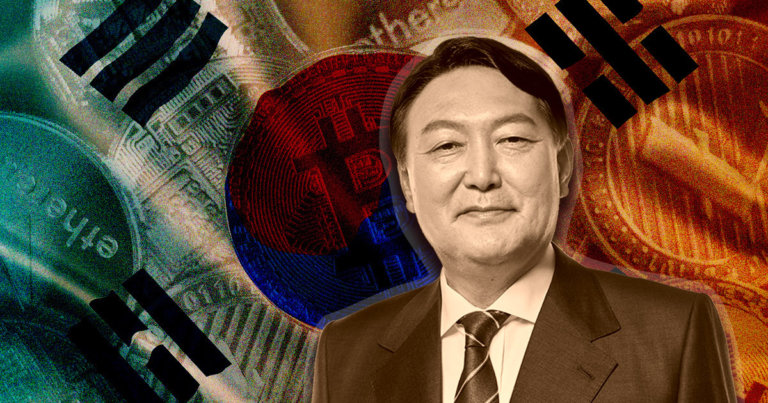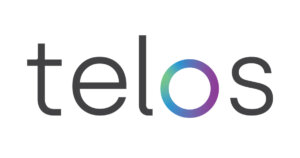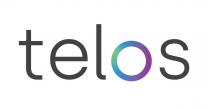 Why crypto was so important to the recent Korean presidential election
Why crypto was so important to the recent Korean presidential election Why crypto was so important to the recent Korean presidential election
The fiercely contested presidential campaign has been decided and today, crypto enthusiasts celebrate Yoon Suk-yeol's victory.

Cover art/illustration via CryptoSlate. Image includes combined content which may include AI-generated content.
Korea’s recent presidential election experienced a fierce battle between candidates in winning the votes of the undecided young electors. Both candidates went to extreme lengths with negative campaigns.
Young Koreans are passionate about crypto
Data shows that approximately 40% of Koreans between the ages of 20 and 30 own crypto assets, and the overall crypto trading volume exceeds that of the KOSPI stock exchange.
According to The Verge’s vast unemployment in Korea is a major concern:
“People like us, people just starting our careers and college students, it’s really hard for us because there’s no way to build up a stable life. For young Koreans, cryptocurrency seems like a rare shot at prosperity.”
Another young Korean college student said:
“I can work for the next 30 years. I can pay off debt for a two-bedroom house that I don’t really like that much and a car. And that’s the end of my life. So, they’re looking at this and they’re asking, what can I do to escape this?”
Candidates’ promises
The first target of both candidates was the ban on ICOs, which was issued in 2017. Both candidates acknowledged the risks and offered solutions. Candidate Lee Jae-myung said he’d allow ICOs after introducing proper safety measures without providing detail on what they were.
On the other hand, now-president Yoon Suk-yeol offered to convert ICOs to IEOs by placing bank-backed crypto exchanges as middlemen.
After gaining some edge by providing details on how he’d handle ICOs, Yoon released his own NFTs a week before the elections. Priced approximately $40 each, Yoon announced that he’d release a total of 22,329 NFTs. His opponent caught unprepared, immediately announced he’d also raise airdropped NFTs but failed at creating the same compelling effect as Yoon.
The campaign resulted in the 9th of March with Yoon Suk-yeol’s victory by less than 1%.
How important was the youth factor?
Both candidates targeted the younger generation with their crypto doctrines because they assumed that the old guard had decided on a candidate and wouldn’t change their votes.
The President of the Korea Society of Fintech Blockchain, Kim Hyoung-joong told Forkast News:
“There is an estimate of 8.4 million people that hold cryptocurrencies in Korea, and more than 60% of them are in their 20s and 30s”
Echoing the assumption about the older vote, Hyoung-joong emphasized:
“The 40s, 50s and 60s have already picked one candidate and they’re not changing.”
However, a week before the elections, a study revealed that people in their 40s and 50s had a considerable amount of crypto investments in South Korea.
The numbers were drawn from the two major crypto exchanges of the region, Upbit and Bithumb. Average numbers from both platforms indicated that the 40-50 age group made up nearly 52% of the total users.
The 2018 crypto surge among the 20 and 30-year-olds is evident in the data, but the current big players are 40 and 50-year-olds with strong financial power and stock exchange experiences.
Both candidates’ doctrine might have appealed to a much larger group than they assumed and therefore carried even more significance for the fate of the elections.














































